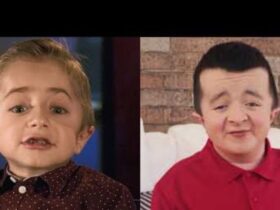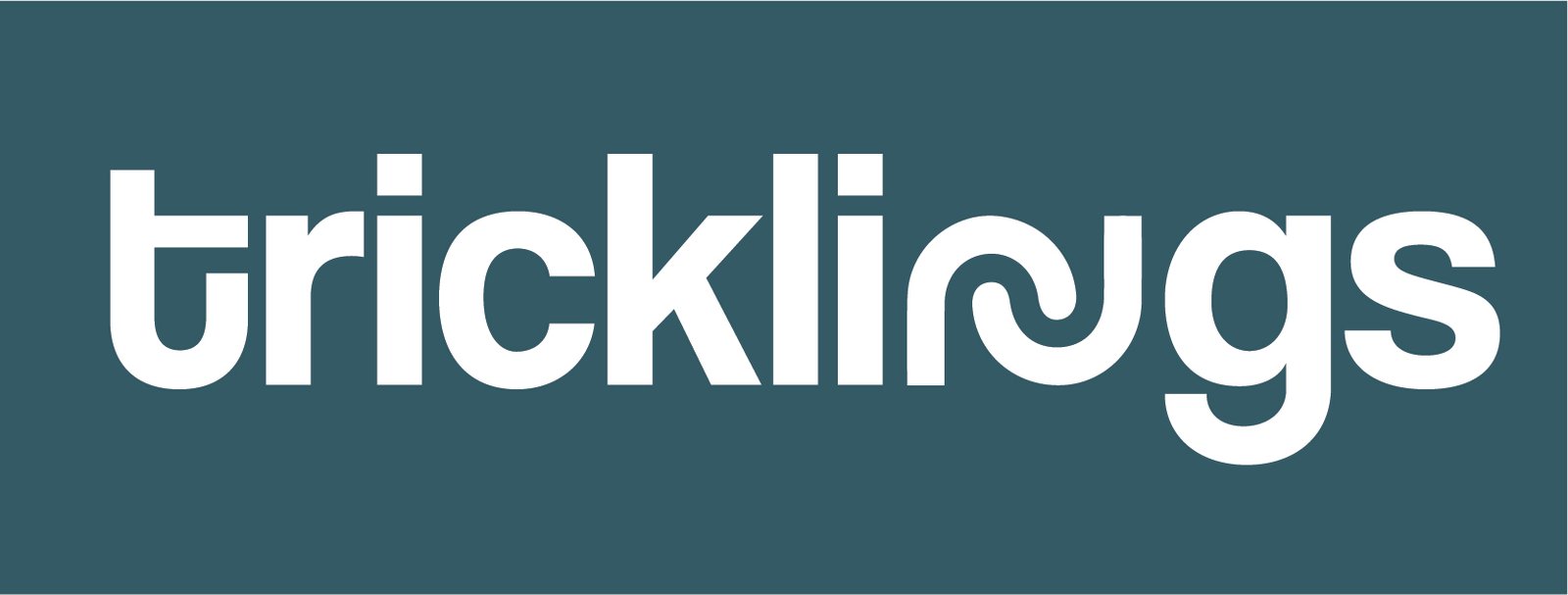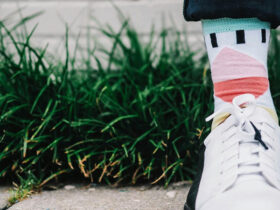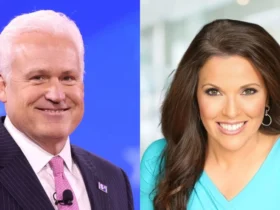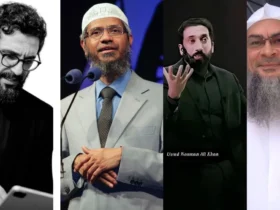What do People From Thailand think of beards and Mustaches?
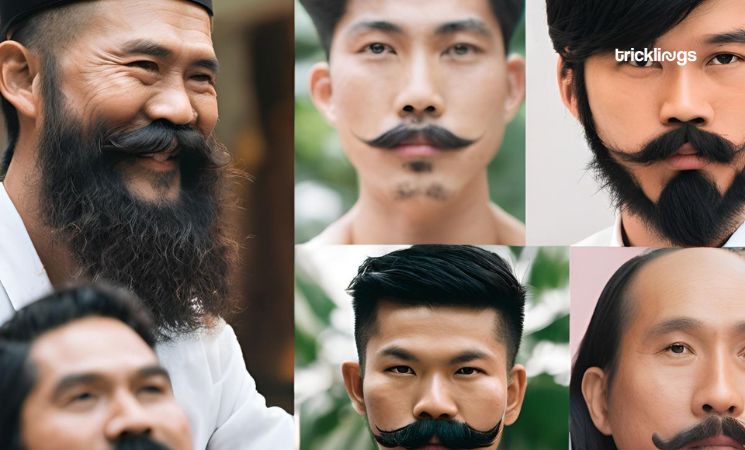
When people think of Asia, they often imagine men with little or no facial hair. That’s true in places like China, Korea, and Thailand, where most men can’t grow thick beards. In Thailand cultural attitudes towards beards and mustaches are not very common, and opinions about them are mixed.
Beard Genetics in Thailand
Most Thai men can only grow a little facial hair on the chin or mustache area. A full beard is rare. Because of this, a thick beard can stand out a lot. Some people may think it looks cool and masculine, while others may see it as dirty or unprofessional.
How Thai People See Beards
There isn’t any strict rule in Thailand about shaving. People can keep a beard if they want. But in everyday life, many still prefer a clean-shaven look. Some common views include:
- “Beards look dirty.” Many families tease their sons if they grow facial hair. Parents often say they look messy or like a thief.
- Workplaces prefer clean-shaven men. Several people shared that if they skip shaving for a week or two, their bosses will ask them to shave because it doesn’t look professional.
- Hot weather makes beards uncomfortable. Thailand is hot and humid, so many men say it’s easier to stay clean-shaven.
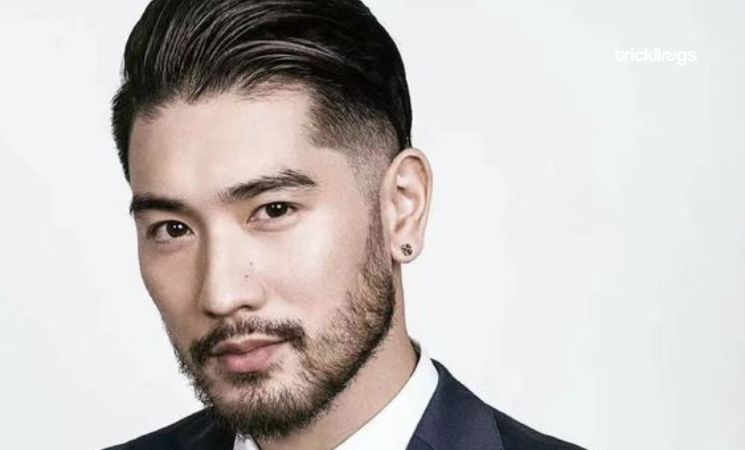
What About Mustaches in Thailand?
Mustaches are seen a little differently from beards in Thailand. While full beards are rare, thin mustaches are more common, especially among older men, police officers, or TV actors. Still, they are not the main trend.
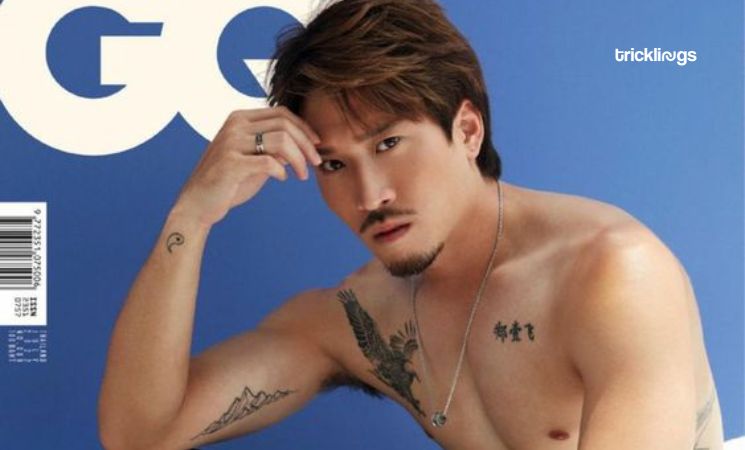
Some people think mustaches can make a man look more mature, while others see them as old-fashioned. Young Thais usually prefer a clean-shaven look instead of keeping just a mustache.
From online opinions, a few themes stand out:
- Thin mustaches are more accepted than big beards, but not always seen as stylish.
- Actors and celebrities sometimes wear mustaches on screen, which makes them more visible in pop culture.
- In everyday life, most people prefer clean-shaven, saying mustaches can still look “messy” if not trimmed well.
So, while mustaches are not hated, they don’t have a big place in modern Thai fashion. A neat, short style might be okay, but going clean-shaven is still the safer choice.
Women’s Opinions
Some Thai women say a little stubble can look manly, but most don’t like full beards. They prefer men to shave daily because it feels cleaner and cooler in the hot weather.
Foreigners With Beards
For foreigners (“farang”), the reaction is usually different. Since Thai men don’t often have full beards, locals might see it as unusual or interesting. Many Thais don’t mind if foreigners keep beards, as long as they are neat and well-kept.
One half-Thai person shared that he often gets told to shave because people think his goatee looks “dirty.” Another foreigner who lived in Bangkok for over 10 years said he’s always had a beard and never faced problems, especially since he kept it trimmed and dressed well.
Beards and Religion
In Thailand, Muslims are more likely to keep beards. Some people connect beards with religion, and there can sometimes be prejudice, especially if someone looks very different from the Buddhist majority. But not all Muslim men in Thailand wear beards — many are clean-shaven.
Media and Pop Culture
On Thai TV, you’ll sometimes see actors with mustaches or stubble, but not many with big beards. A clean face is still the main style for celebrities and models.
Opinions From Real People
Here are some real user opinions found online:
- “I’m Thai, and when I grow a beard my family calls me dirty. When I shave, they call me handsome.”
- “If you’re foreign, we don’t really care. But if you’re Thai, people will see it as dirty.”
- “After two weeks without shaving, my boss told me I had to shave because it didn’t look professional.”
- “Beards are not popular here, but if you’re clean and groomed, most people are okay with it.”
- “I’ve lived in Thailand for 13 years with a beard. No issues at all — just keep it tidy.”
Beards in Thailand are not hated, but they aren’t very popular either. Most locals see a clean-shaven face as more professional and attractive. Foreigners usually have more freedom to keep beards, but being neat and well-groomed is important.




